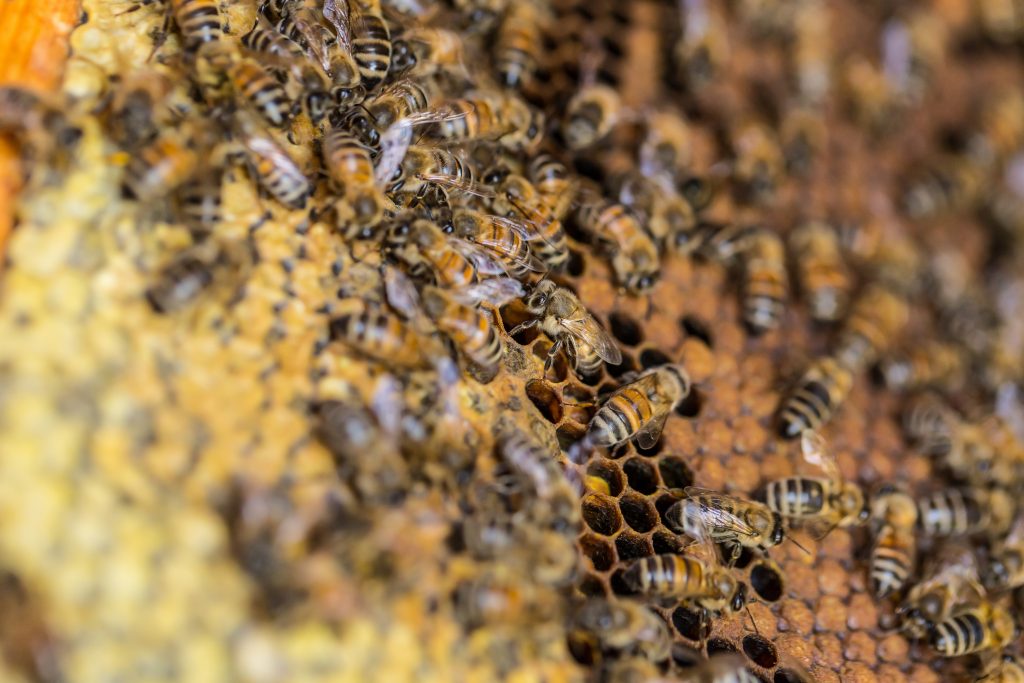Lately, the concerns about bees being endangered have become widely noted among people all over the world, but information on how to take action about it has become scarce in this age. That’s why World Bee Day exists to educate people about the importance of bees and how they can help preserve them for the sake of the future. If you want to help save these fuzzy insects from extinction, then read down below to find out what World Bee Day is about!
History of World Bee Day
World Bee Day corresponds with an important influencer in the pioneering of beekeeping. Anton Janša, who in the 18th century pioneered modern beekeeping techniques in his native Slovenia, was one of the first people to help bring about the importance of bees in the world environment. Since then, beekeeping has become a vital necessity in the world’s ecosystems and economic systems. However, not many people realize the importance of bees or know how to help save the bees, which led to the announcement of World Bee Day through the United Nations.
The United Nations designated World Bee Day to raise awareness of the importance of bees. Bees are under a continuous threat from human activity, which includes the introduction of invasive insects, pesticides, land-use change, and monocropping practices, which have continuously been destroying bee colonies over time. World Bee Day helps educate people about the importance of bees and what they do for the environment, which includes how they help grow 90% of the world’s wildflower plants, 35% of the world’s crops depend on bees to grow, and how they help build ecosystems all over the world. With these statistics, the United Nations has created various programs all over the world to increase awareness of protecting bees and what you can do to help this cause.
This day is also open to other pollinators as well as bees, like bats, hummingbirds, and butterflies. Together these essential animals help keep ecosystems healthy and maintain biodiversity. Bees and other creatures also help us fight problems on a global level, like world hunger and helping to adapt to climate change. These fantastic fuzzy creatures help keep our plants and our planet alive.
If you look at bees as creatures, they are a fascinating insect even without all the services they provide for us. For instance, the phrase bee’s knees make absolutely no sense, because bees actually don’t have knees. Bees also communicate by dancing – can you imagine if humans didn’t talk and only communicated via the medium of dance? If you consider honey as well, it has also been used as an antiseptic and treatment for burns and wounds for centuries.
Bees have been around for thousands of years, and the very first bee found was 100 million years old! Bees might also have been the very first species to decide to go vegetarian. Originally, our fuzzy friends used to eat other insects, but they evolved to eat nectar and pollen instead. Bees have long supported us, humans with honey being a monumental discovery for our ancestors (it must have been tough for them to gather!). From sweetening food to dressing wounds, we loved honey so much that our children are still named after bees. Names like Melissa and Ali mean bee in Greek and Urdu, showing that across the world, we share a global appreciation for bees.
We all depend on the survival of bees
Bees and other pollinators, such as butterflies, bats and hummingbirds, are increasingly under threat from human activities.
Pollination is, however, a fundamental process for the survival of our ecosystems. Nearly 90% of the world’s wild flowering plant species depend, entirely, or at least in part, on animal pollination, along with more than 75% of the world’s food crops and 35% of global agricultural land. Not only do pollinators contribute directly to food security, but they are key to conserving biodiversity.
To raise awareness of the importance of pollinators, the threats they face and their contribution to sustainable development, the UN designated 20 May as World Bee Day.
The goal is to strengthen measures aimed at protecting bees and other pollinators, which would significantly contribute to solving problems related to the global food supply and eliminate hunger in developing countries.
We all depend on pollinators and it is, therefore, crucial to monitor their decline and halt the loss of biodiversity.
Bee engaged!
The recent COVID-19 pandemic has had an undeniable impact on the beekeeping sector affecting the production, the market and as a consequence, the livelihoods of beekeepers.
This year, World Bee Day focused on bee production and good practices adopted by beekeepers to support their livelihoods and deliver good quality products.
To mark the Day, a virtual event – under the theme “Bee Engaged” – highlighted the importance of traditional knowledge related to beekeeping, the use of bee-derived products and services, and their importance in achieving the SDGs. If you missed it, you can watch it here!
To celebrate #WorldBeeDay, renowned actors, singers, chefs and media professionals also recorded poems related to bees and beekeeping, some recalling how the behavior of bees so often mirrors that of human beings across our planet. Listen to the poems now and bee inspired.



